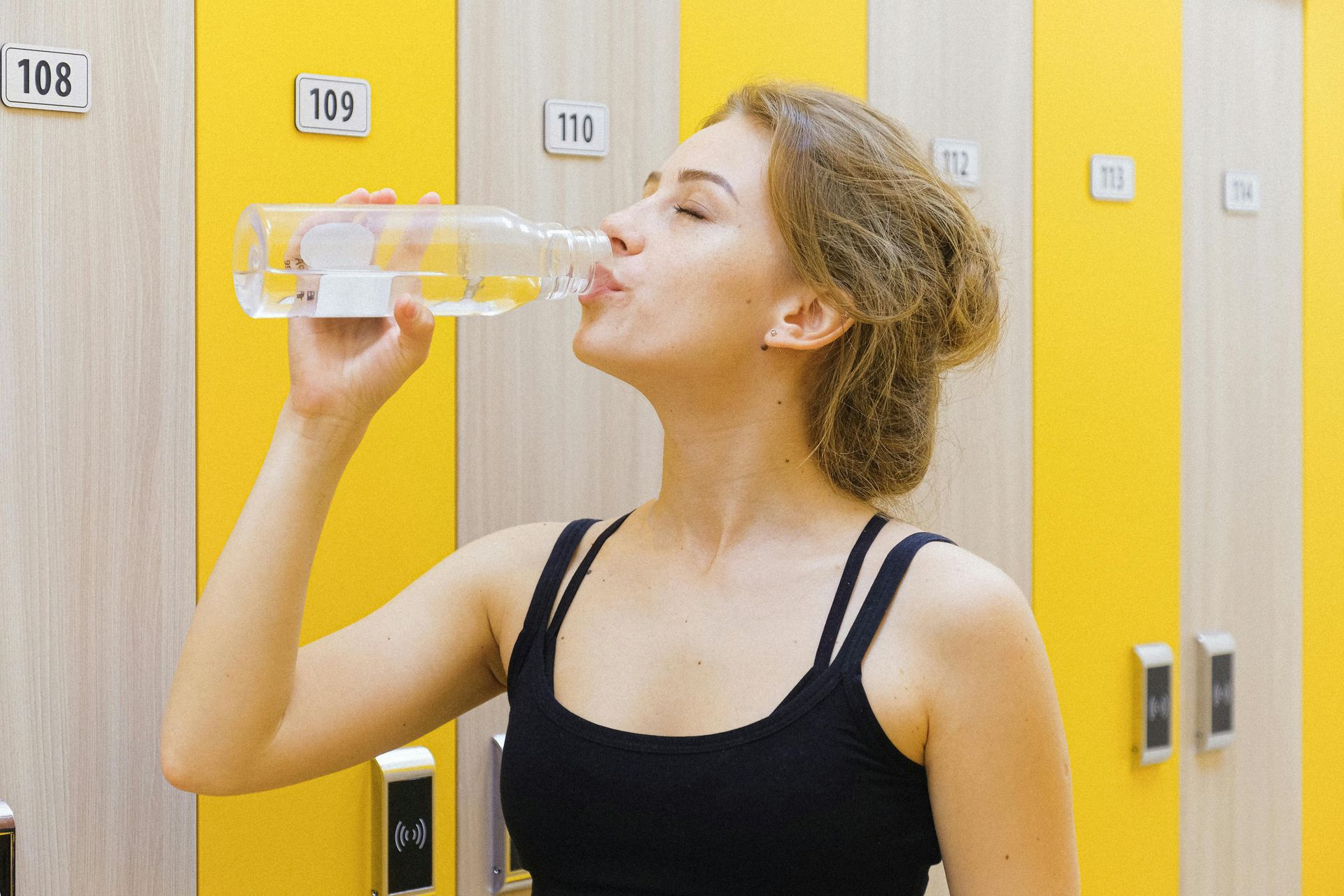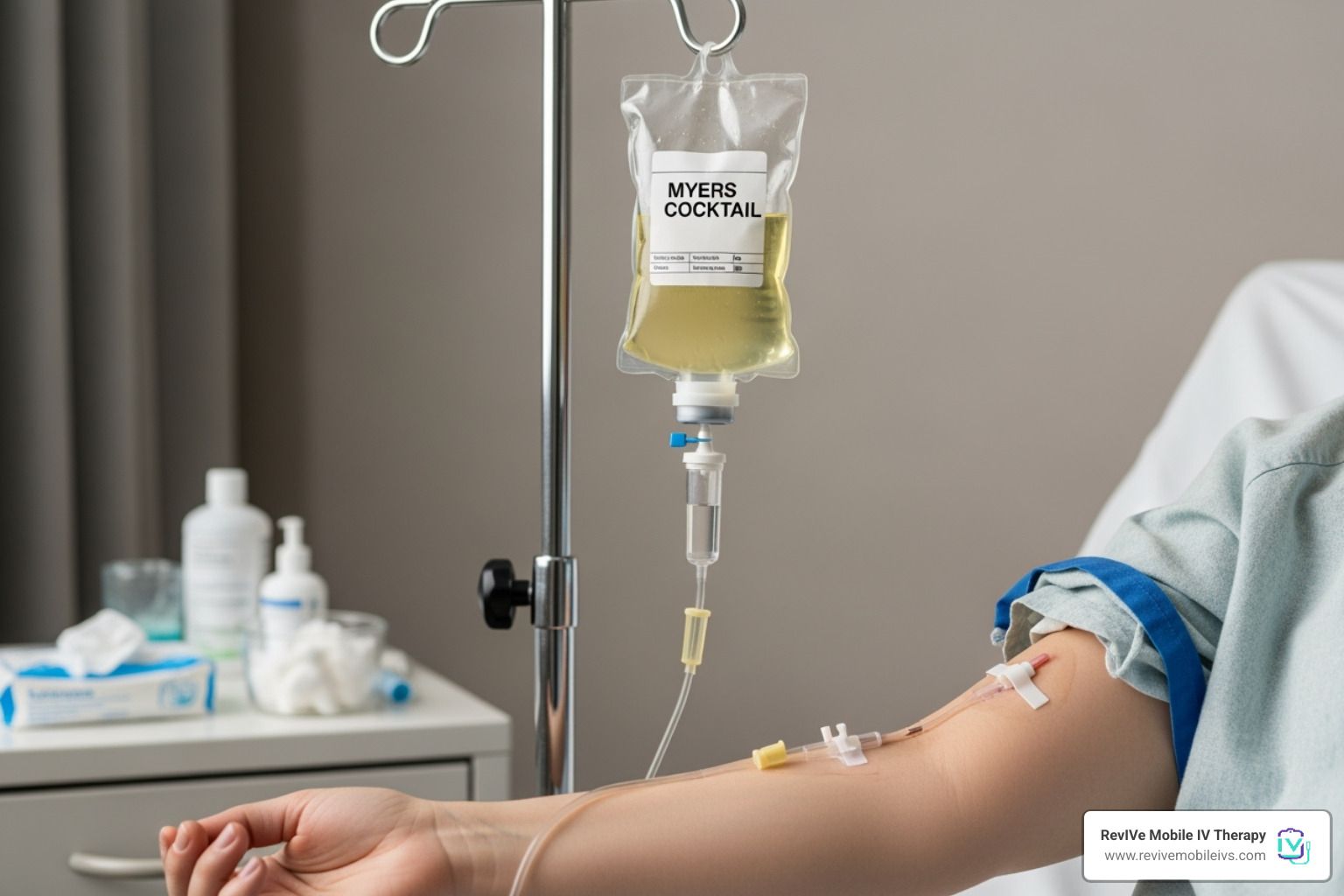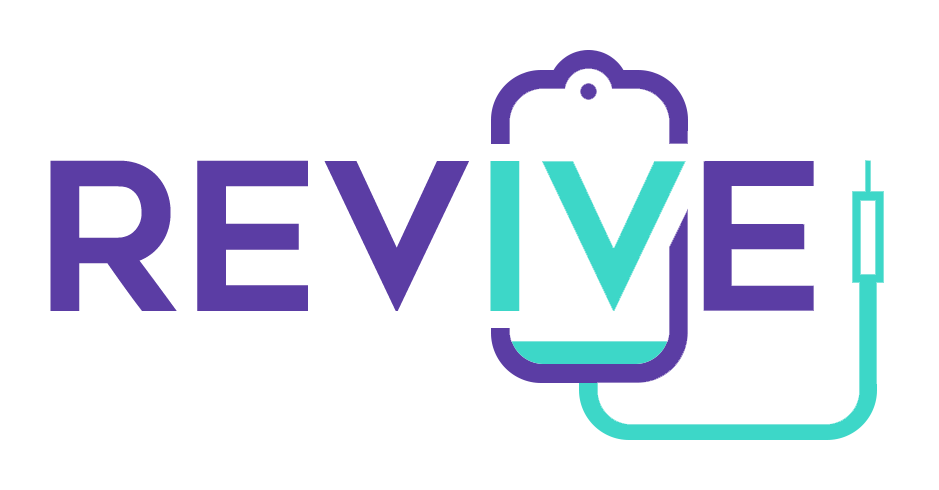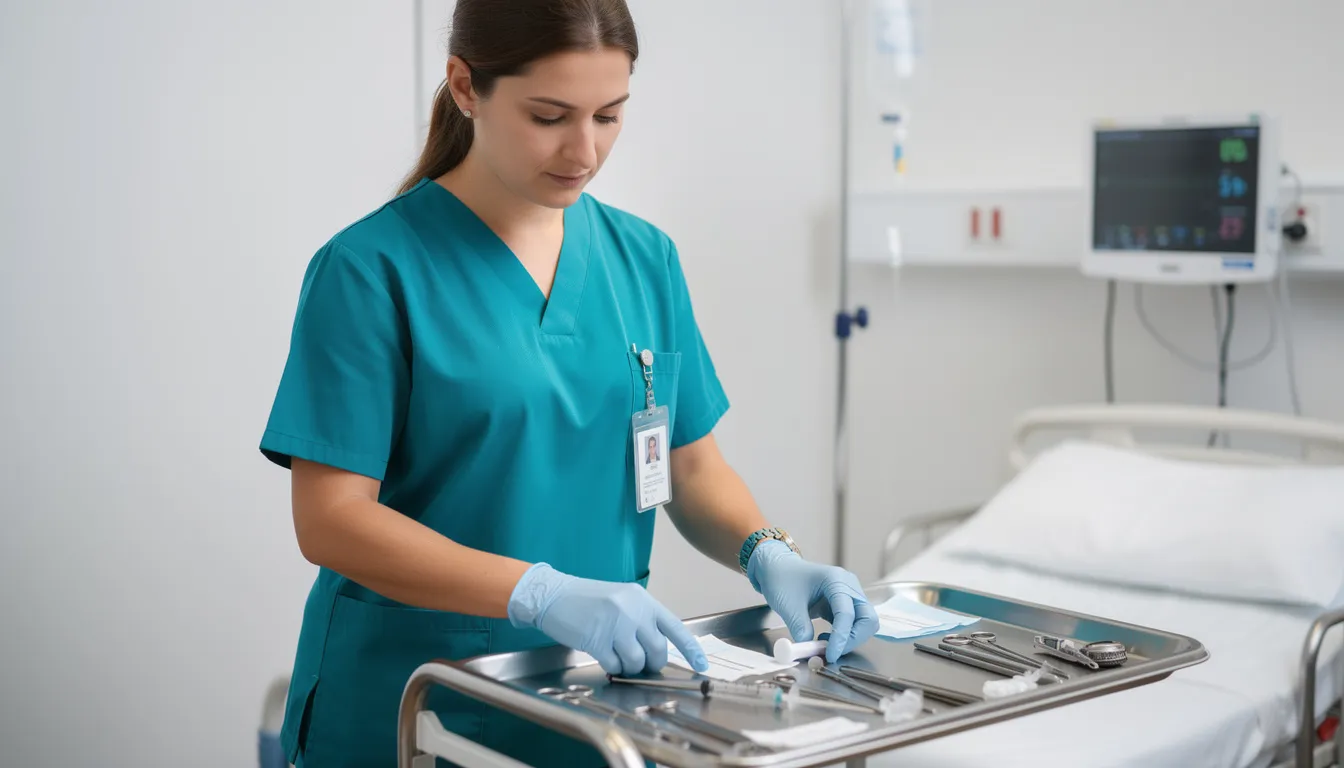How to Prevent Keto Diet Dehydration Without Breaking Ketosis
You decided to go keto for the promise of sustained energy, mental clarity, and weight loss. Then, a few days in, the dreaded ‘keto flu’ hits. An unpleasant mix of headaches, brain fog, fatigue, and dizziness.
While many people mistakenly attribute these symptoms to ‘carb withdrawal,’ the real culprit is rapid fluid loss and electrolyte imbalance.
When you cut carbohydrates, your body flushes out water and essential minerals. This leads to dehydration, electrolyte imbalance, and even digestive complaints like constipation or stomach upset. The good news? The solution doesn’t require breaking ketosis.
This guide will show you how to prevent keto diet dehydration while staying in ketosis. You’ll learn why it happens, how to manage water intake, and what to avoid so you can feel your best.
Why Ketosis Causes Rapid Water and Electrolyte Loss
When you switch to a low-carb diet, your body begins using fat for energy. Stored glycogen is burned first, and since glycogen is bound to water, you lose fluids rapidly.
Carbs also stimulate insulin. When your carb intake drops dramatically, your insulin levels decrease. Low insulin signals the kidneys to stop retaining sodium and, consequently, to excrete more water. This accelerates fluid loss, raising the risk of electrolyte imbalance.
Common symptoms of keto diet dehydration include:
- Dry mouth and increased thirst
- Headaches or lightheadedness
- Bad breath from rising blood ketone levels
- Fatigue and tiredness
- Muscle cramps or weakness
Simply drinking plenty of water isn’t enough. You must restore electrolytes to avoid worsening stomach complaints and maintain stable energy levels.
Hydration Strategies That Keep You in Ketosis

To beat keto diet dehydration, focus on electrolytes, proper water intake, and lifestyle habits.
1. Replenish Electrolytes
Electrolytes are just as important as water on keto. Focus on the three electrolytes (sodium, potassium, and magnesium) lost most rapidly. You can replace them with electrolyte-rich foods like spinach, avocado, and pumpkin seeds, or through keto-safe supplements.
Sodium (The Most Crucial)
If you feel dizzy or have a headache, low sodium is likely the cause. On keto, you need significantly more salt than you’re probably used to consuming.
- Importance: Maintains fluid balance, supports nerve function, and helps prevent headaches and dizziness.
- Keto sources: Don't be shy with the salt shaker. Use liberal amounts of Himalayan pink salt or sea salt on every meal.
An excellent two-in-one strategy is sipping hot, salty bone broth throughout the day. You can also mix a quarter teaspoon of salt into a glass of water to quickly replenish.
Potassium
Potassium works with sodium to balance fluids inside and outside the cells. It is vital for muscle contraction and heart rhythm.
- Importance: Regulates muscle function, balances blood pressure, and supports cell health.
- Keto Sources: You must rely on vegetables, as most fruits are too high in sugar. Focus on high-potassium, low-carb options like spinach, avocado, asparagus, and mushrooms.
Magnesium
Magnesium is involved in hundreds of bodily processes, but on keto, it's most known for stopping muscle cramps and improving sleep.
- Importance: Relaxes muscles, reduces spasms (like leg cramps), and supports better sleeping habits.
- Keto Sources: The easiest way to ensure adequate intake is through magnesium supplements (Magnesium Citrate or Glycinate are well-absorbed). Dietary sources include dark leafy greens, pumpkin seeds, and chia seeds.
2. Keto-Friendly Beverages for All-Day Hydration
The rule for drinks is simple: Choose zero or near-zero-carb liquids only.
- Bone broth: This is the keto dieter’s secret weapon. It restores minerals, soothes digestion, and prevents stomach upset.
- Keto-specific electrolyte mixes: These powdered supplements are convenient, but you must read the label. Choose brands that use sugar substitutes like stevia, erythritol, or monk fruit and are clearly labeled as zero-carb.
- Coconut water (in moderation): A natural source of potassium, but must be portioned to keep carbs low.
- Plain water: While water is essential, if you drink too much plain water without electrolytes, you will simply flush out more of your remaining sodium, worsening your symptoms. Always pair plain water consumption with electrolyte intake.
Try adding cucumber or lemon to make infused water—it boosts hydration while keeping carbs near zero.
3. Proactive Lifestyle Adjustments
Beyond what you eat and drink, these small daily habits will keep your hydration stable and your ketosis undisturbed:
- Salt your morning water: As soon as you wake up, drink a large glass of water with a generous pinch of sea salt. This immediately replaces the sodium lost overnight and is the most effective way to prevent a morning headache.
- Mindful monitoring (The Pee Color Test): Don't aim for crystal clear urine, which indicates low electrolyte levels. Your goal should be a pale yellow color. Dark yellow indicates dehydration; clear indicates you are undersalting your water.
- Install a water tracking app: Helps you monitor hydration levels.
- Carry a water bottle: Encourages consistent sipping throughout the day.
- Hydration timing for exercise: Sweating rapidly strips your body of sodium. Drink an electrolyte solution before and immediately after any strenuous workout. This will prevent cramps and post-exercise fatigue.
- Low-carb, water-rich foods: Incorporate high-water-content, keto-friendly vegetables into your meals, such as celery, cucumbers, zucchini, and bell peppers. These foods provide structure, fiber, and fluids without adding carbs.
What to Avoid if You Want to Stay in Ketosis
Preventing dehydration on keto isn’t just about what you add to your routine. It's also about what you avoid. A few common mistakes can undo your progress or make dehydration worse.
Drinking flavored waters or “hydration drinks” with hidden carbs. Many “zero-calorie” or “low-carb” drinks contain sugar alcohols, hidden sweeteners, or even small amounts of sugar that can add up quickly. Even a few grams of carbs can interfere with ketosis, especially if consumed regularly. Always check nutrition labels, and when in doubt, stick to salted water, sparkling water, or unsweetened electrolyte solutions.
Overusing electrolyte powders with added sugars (leads to nutrient deficiencies long-term). Electrolytes are essential on a keto diet, but not all powders are ideal. Some are packed with glucose, sucrose, or maltodextrin—ingredients that will not only spike your blood sugar but also kick you out of ketosis. Instead, choose sugar-free electrolyte mixes with clean ingredients like magnesium, sodium, and potassium.
Relying only on plain water without restoring minerals. Drinking excessive amounts of plain water dilutes electrolytes in your system, worsening symptoms like ketosis, headaches, fatigue, or muscle cramps. On keto, where sodium and potassium are already depleted faster due to lower insulin levels, this imbalance is a recipe for dehydration.
Balance hydration by pairing water intake with mineral-rich foods (like leafy greens, avocados, or bone broth) or supplementing with keto-friendly electrolytes.
Consuming “sports drinks” is marketed for hydration. Traditional sports drinks are designed for high-carb athletes, not keto followers. They often contain 15–30 grams of sugar per serving. While they may quench thirst temporarily, they will raise your blood sugar, increase insulin levels, and disrupt ketosis.
Limit diuretics or balance their effects. Cut back on excessive caffeine and alcohol, as they promote fluid loss. If consumed, increase water intake to compensate.
Balancing hydration with electrolyte-rich foods prevents nutrient deficiencies, helps regulate metabolic processes, and protects against the risk of stomach irritation or stomach upset.
When to Seek Medical Advice
While mild dehydration is manageable, severe symptoms need attention. Seek medical help if you notice:
- Extreme dizziness or confusion
- Rapid heartbeat or chest discomfort
- Persistent vomiting or inability to keep fluids down
Your doctor can recommend personalized hydration strategies, especially if you have underlying health conditions.
Role of IV Therapy in Addressing Keto Diet Dehydration

Even with great hydration habits, some keto dieters still struggle to maintain nutritional ketosis because of fluid loss. When dehydration symptoms linger, intravenous (IV) fluid therapy provides a safe and effective way to restore balance without disrupting ketosis.
When the keto flu symptoms become debilitating, an IV drip bypasses the digestive system and delivers fluids and electrolytes directly into the bloodstream. For keto dieters, this means:
- Rapid relief from dehydration symptoms such as fatigue, muscle cramps, bad breath, brain fog, headaches, and dizziness
- Balanced electrolytes without added sugars or carbs, which means your ketosis remains intact
- Improved physical performance and recovery after workouts by restoring hydration and muscle-supporting minerals
- Better nutrient absorption, since IV therapy bypasses digestion and delivers vitamins and minerals directly to your bloodstream
- Support for overall energy and focus, helping you avoid the “keto flu” and stay consistent with your diet goals
- Convenience of mobile IV therapy, bringing hydration and nutrients directly to your home, gym, or office
IV therapy helps prevent nutrient deficiencies, supports stable blood ketone levels, and improves long-term health outcomes by keeping your body properly hydrated.
At Revive Mobile IV, IV infusions like the Myer's Cocktail are administered by trained professionals in the comfort of your home. This ensures safe, medical-grade hydration tailored to your lifestyle—helping you stay on track with your keto goals while avoiding the setbacks of dehydration.
In short, IV therapy can be the missing piece that keeps you feeling your best while staying committed to your weight loss journey.










